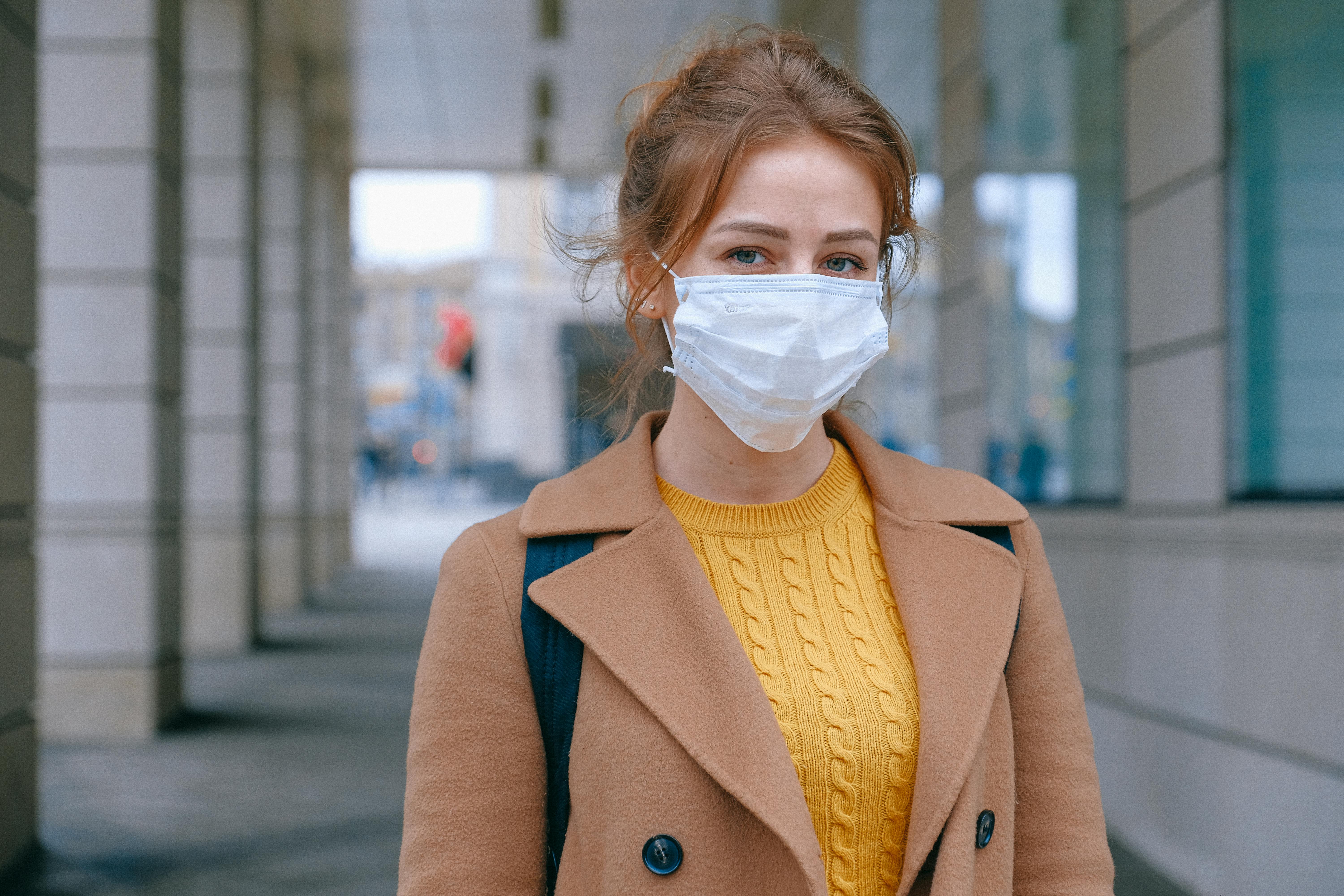Unmasking the Social Dynamics of Mask-Wearing in the COVID-19 Era
Introduction: In an era where masks have become a symbol of social responsibility and self-preservation, the social dynamics of mask-wearing have greatly transformed. Read below as we delve into the evolution of this remarkable behavioral trend and its implications on our society.

The Historical and Sociological Context of Mask-Wearing
The act of mask-wearing, while not entirely new, has seen a significant resurgence in the context of the COVID-19 pandemic. Historically, masks have played various roles in society, from ceremonial usage in ancient cultures to protection against dust and disease in industrial settings. Fast forward to the 21st century, masks have become a contentious symbol, embodying a spectrum of meanings from fear and alienation to solidarity and safety.
The Cultural Shifts and Current Trends in Mask-Wearing
The advent of COVID-19 has precipitated a cultural shift in our perception and usage of masks. Once associated primarily with medical professionals, masks have now entered the daily lives of everyone. They have even become a fashion statement, with an array of designs and patterns available in the market. This shift signifies how societies adapt to crises, integrating them into their cultural fabric.
The Significance and Implications of Mask-Wearing
The sociological significance of mask-wearing is profound. It represents a collective effort to curb the spread of the virus, demonstrating a sense of societal unity and responsibility. However, it has also sparked controversies and debates, revealing deep-seated divisions in society. These range from individual freedom against community safety to disparities in access to personal protective equipment (PPE).
Research-Backed Insights into Mask-Wearing Behavior
Studies show that mask-wearing behavior is influenced by various factors, including governmental regulations, social norms, and personal beliefs. Research suggests that people are more likely to wear masks when they perceive a high risk of infection, when they believe in the effectiveness of masks, and when they feel a social responsibility to protect others.
Navigating the New Normal: The Future of Mask-Wearing
As we move forward, the role of masks in society is likely to evolve further. While vaccines offer hope, mask-wearing is likely to remain a crucial part of our lives for the foreseeable future. Understanding the social dynamics of mask-wearing can provide critical insights into how we negotiate collective challenges, underscoring the importance of societal cohesion in the face of adversity.
In conclusion, the COVID-19 era has elevated the humble mask from a practical accessory to a potent symbol of our times. It underscores the interconnectedness of our lives and the shared responsibility we bear in safeguarding public health. As we continue to navigate this new normal, the sociological implications of mask-wearing will undoubtedly continue to shape our societal dynamics.




